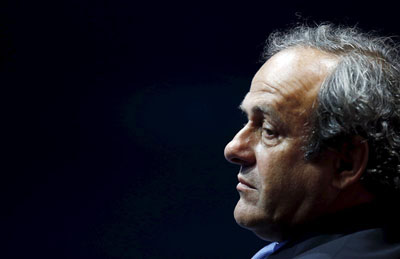UEFA Announce Euro 2020 to be Staged in 13 Cities
January 25, 2013
The UEFA Executive Committee has revealed today Euro 2020 will be staged in 13 cities across the continent.
The UEFA Executive Committee, chaired by UEFA President Michel Platini, approved the key event and football principles for the “EURO for Europe”.
They include matches being split into 13 different packages, with 12 ordinary packages including three group matches and one knockout round (round of 16 or quarter-final), and one package for the semi-finals and the final.
There will only be a maximum of one venue per country, meaning one stadium for each of the available 13 packages. Both semi-finals and the final will be played in one stadium and each association will be allowed to present up to two bids, one for the ordinary package and one for the semi-finals/final package. Each national association can decide to present the same city for these two bids or two different cities.
Projected stadiums will be admitted in the bidding process, with a deadline set in 2016 for the construction of any new stadium to start, failing which the decision on such a host city could be reviewed.
The required minimum net stadiums capacities are set as follows; 70,000 for semi-finals/final; 60,000 for quarter-finals; 50,000 for round of 16 and group matches and up to two exceptions would be allowed for stadiums of a net minimum capacity of 30,000 seats, limited to group matches and a round of 16 match.
All teams will participate in the qualifying competition and the 13 countries staging matches will therefore not be automatically qualified.
A maximum of two host teams would be drawn into each of the six final tournament groups, with each qualified host being guaranteed two home matches in the group phase. There would not be any such guarantee for the knockout stages.
Michael Cunnah, the former Wembley CEO, believes England’s national stadium will be the favourite to stage the semi-finals and final.
“I think that Wembley will be in pole position to secure the semi-finals and the final as the city of London has fantastic media, accommodation and transport infrastructure, and the stadium itself will generate incredible amounts of money for UEFA. It all sounds like an exciting but exhausting event,” he told iSportconnect.
“It has been previously reported that tournaments which have been split between two countries have been difficult to organise, I can only imagine the impact of organising a tournament across 12 or 13 countries.
“To save teams from travelling thousands of miles during the competition, UEFA must be hoping to host the Qualifying Groups in cities that are geographically close eg. Amsterdam and Brussels.”


